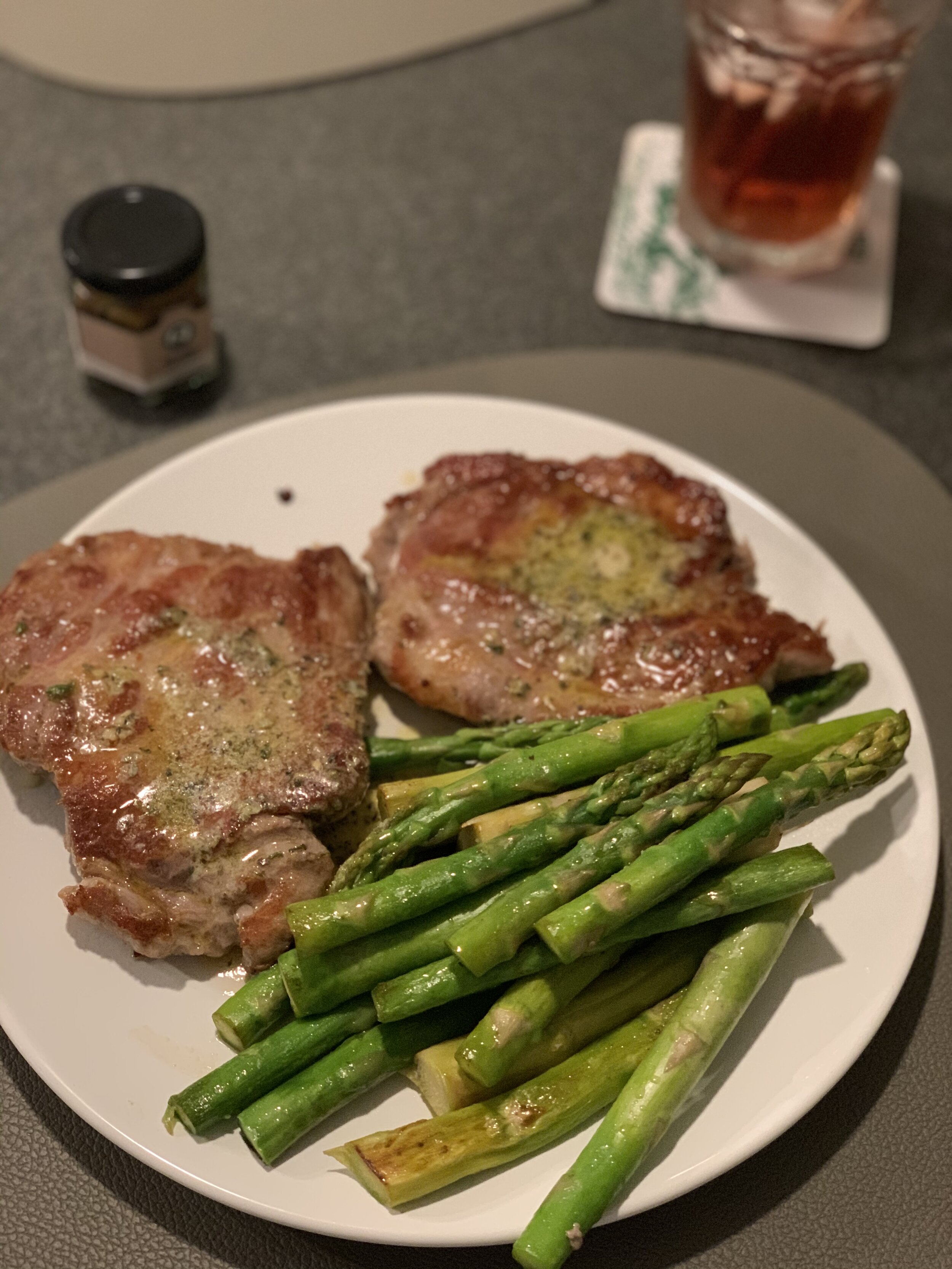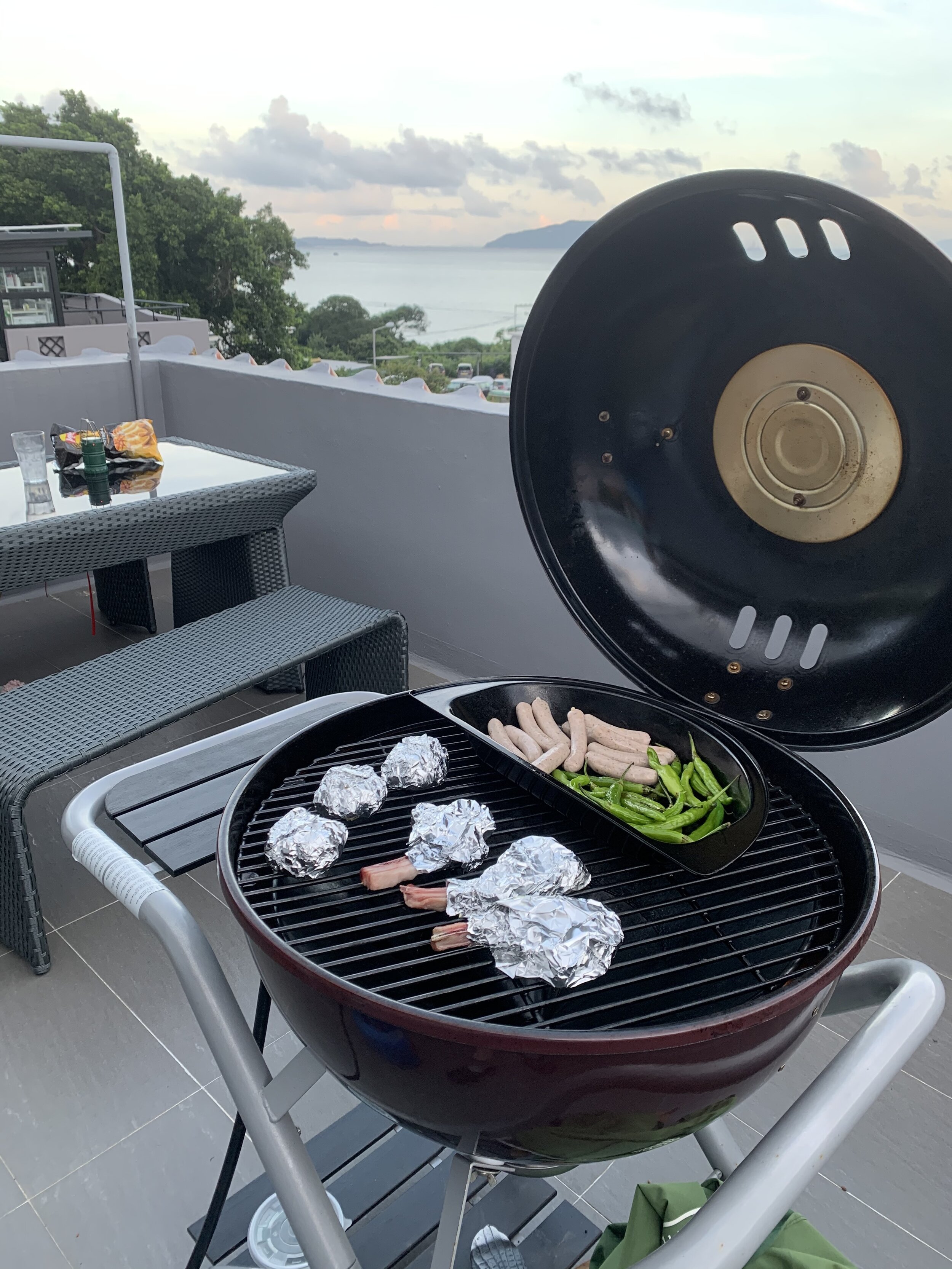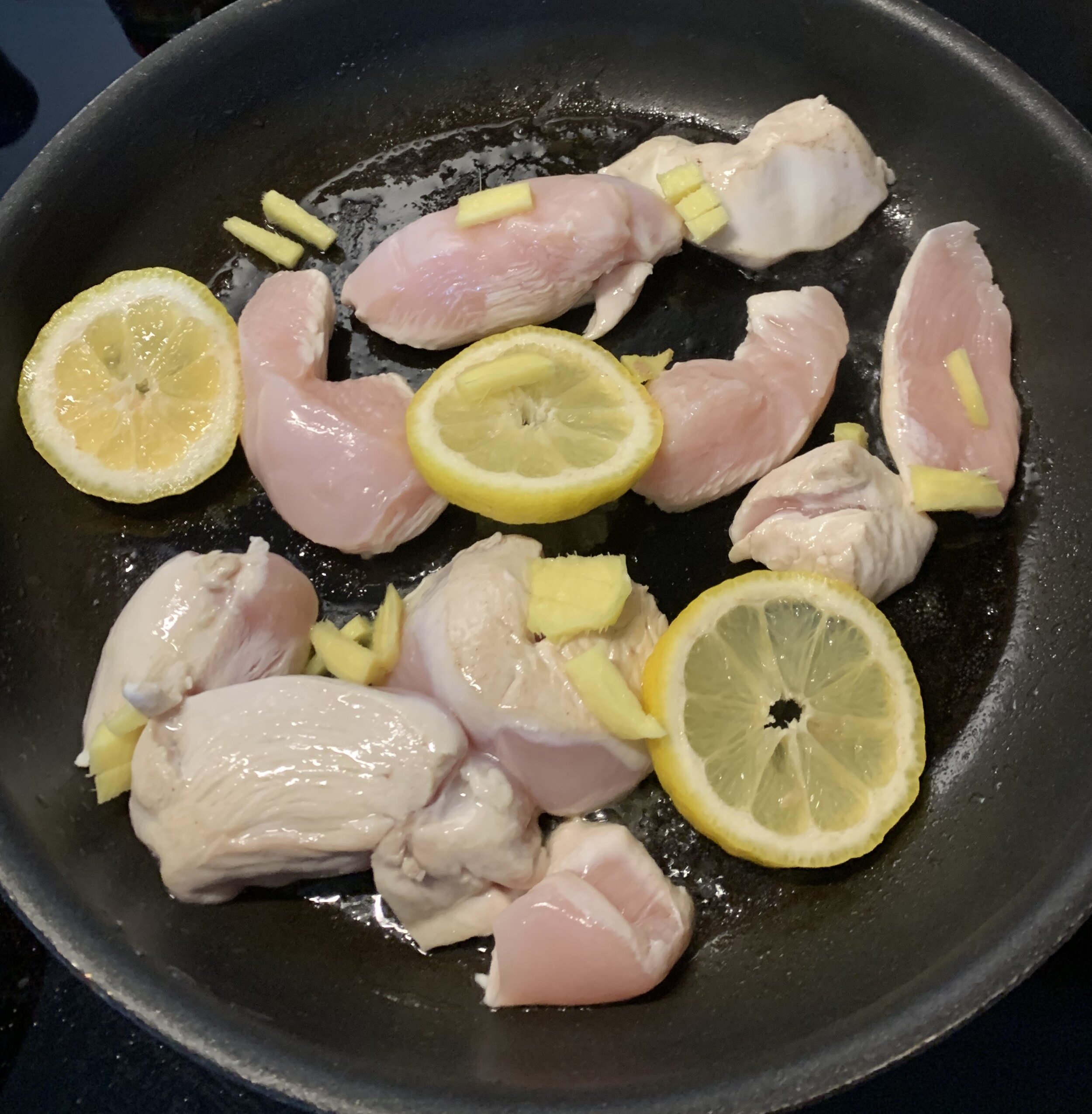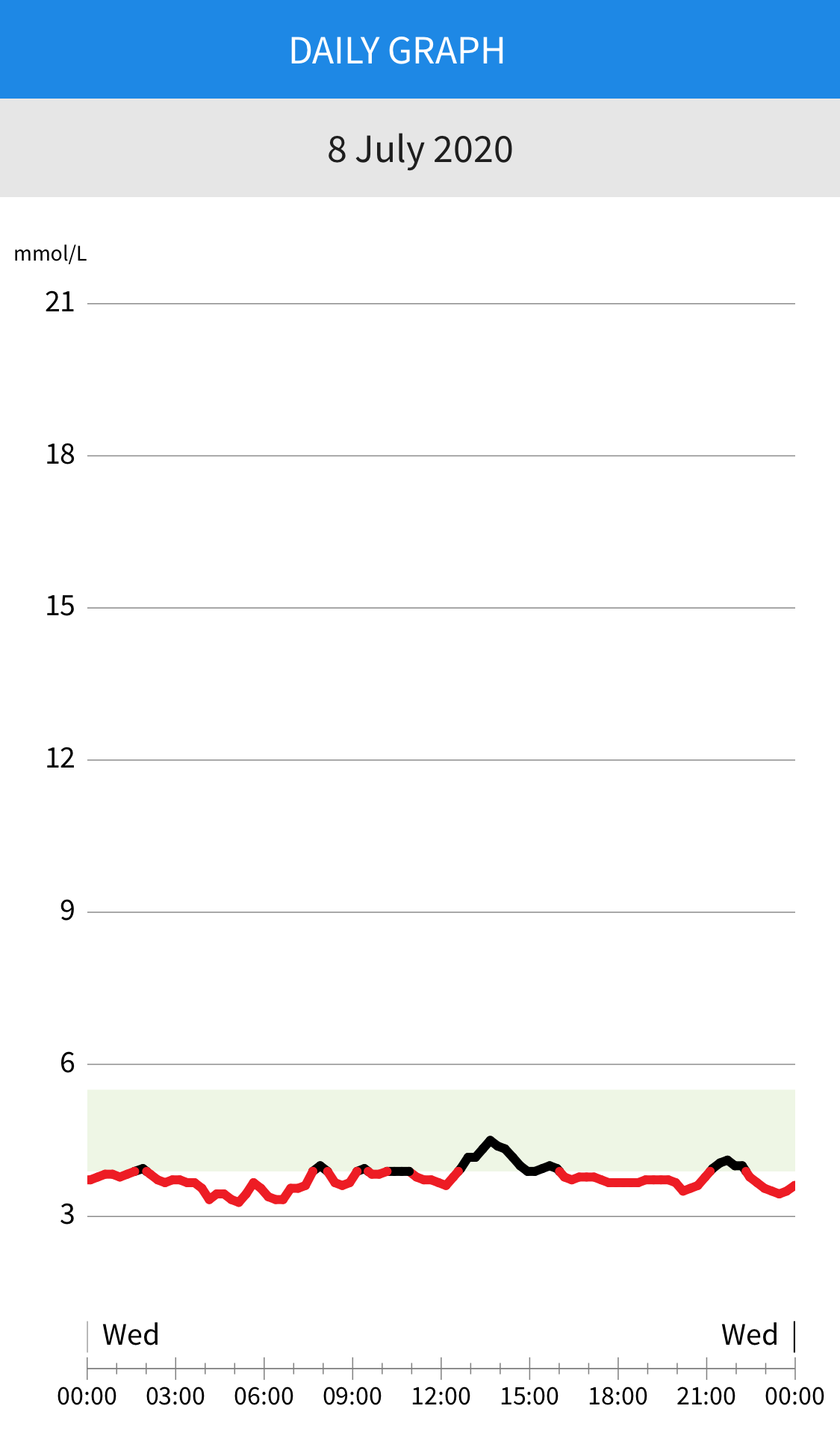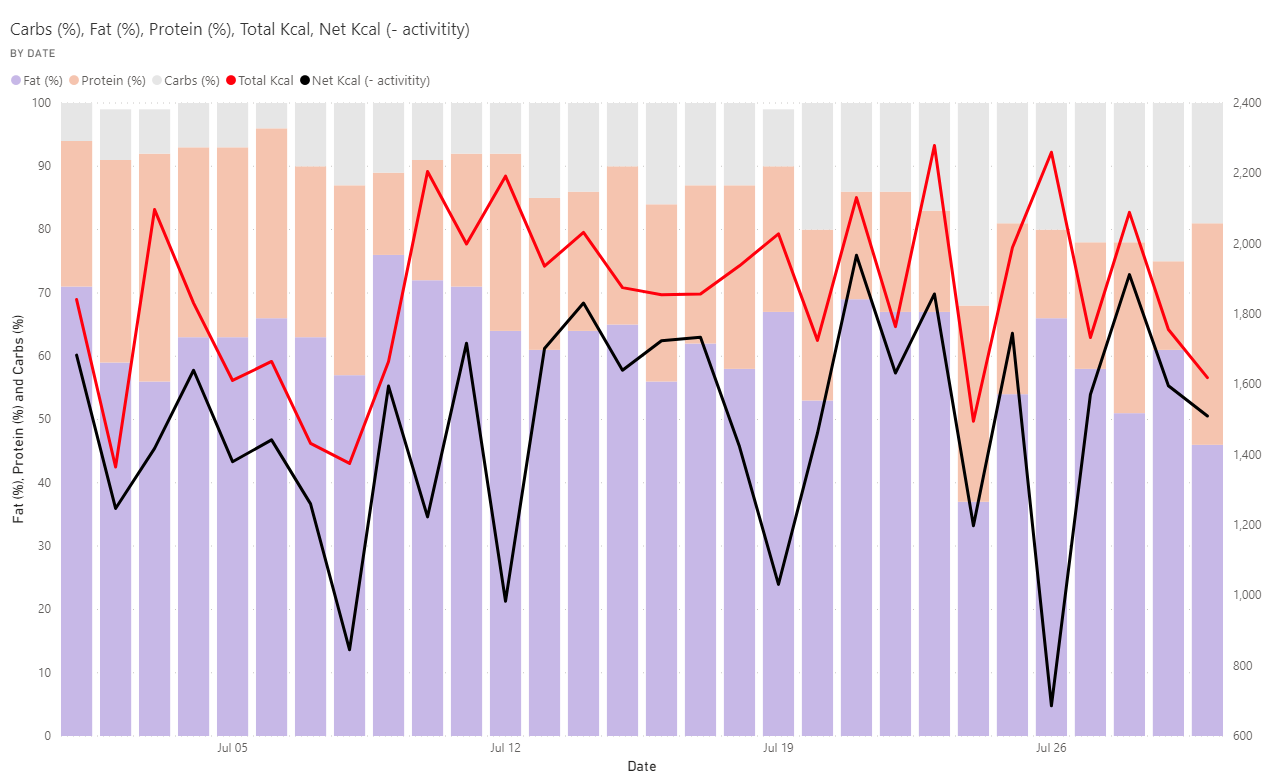Here we Goose Again: Few Carbs, Tons of Data – The Keto Diet Revisited
In Spring 2017, I wrote an article about my first experiment with the Keto Diet. "Going all Keto" is to date one of the most read Life-Sparring rounds. I guess one of the reasons for the longevity of the article is that I shared a lot of personal data points. If you are not familiar at all with the Keto diet, you might want to read the article mentioned above first, as I am not repeating the basic concepts in this Life-Sparring round.
My experiment in 2017 not just made for a good article but also established that I am much better suited for a low-carb lifestyle and less so for a life in the land of plenty (of carbs). That being said, I have been feeding on a moderate carb diet over the past years, for the main reason that my wife enjoys baking and cooking pasta. Part of being a good husband (and avoiding marital disputes) is appreciating your partner's food by showing a healthy appetite. And admittingly, I do enjoy a few beers with the weekend barbecue too.
My body weight (in kg) from 2016 - June 2010. I guess tracking your body weight in Power BI makes you a nerd.
As you can see, since the big Keto dip in 2017, my weight slowly crept back up over the years, reaching the old bodyweight peak early this year.
My body compensation was slightly more favorable than in 2017. Since March 2019, I work out twice per week with a personal trainer. Also, I still do my weekend hikes and runs and the occasional home workout (TRX, heavy bag, kettlebells). After moving to heavier lifting this spring, I could start seeing a bit of a body transformation. However, measured by my Omron body fat scale, I still hovered around 24% body fat end of June (likely understated), far away from my goal to get below 20%. The old rule, that body composition is 80% diet and 20% workout, likely has a lot of truth to it.
Body Fat vs Muscle Mass, some progress but far from ideal.
To make a bigger push towards the long-term goal, I decided to step up my nutrition game a bit and go low-carb for some time.
The Rules of the Game – Planning a Low-Carb Month
I set out with six simple rules for my no-carb/low-carb month in July 2020:
Keep a moderate calorific deficit of around 200-300 kcal per day, all month, tracking all nutrition intake with the MyFitnessPal app.
First two weeks strict Keto diet, aiming at staying below 30 grams of carbs/day.
Occasional blood ketone measurements during the first two weeks (I just had a few stripes left), to confirm I reached ketosis.
Blood glucose measurement with an Abbott Freestyle Libre, measuring nearly continuously for the first ten days, to control for spikes in blood sugar.
Less strict carbs requirements in the second half of the month, even if this would mean not staying in ketosis (compromised with my wife).
No consumption of alcoholic beverages for the entire month.
A little bit of context for the rules above:
As my main goal is changing my body composition and lowering my body fat percentage, I did not aim at maximizing short-term weight loss. Neither did I have a wedding to attend nor a weight loss bet to win.
Depending on the formula used for the calculation, my Resting Metabolic Rate (RMR) at 88kg was around 1650 – 1800 kcal. To have a steady but sustainable calorific deficit, I aimed at about 1500 kcal + kcal from activities, as measured by my Garmin Fenix 6 watch.
To reach ketosis relatively quickly, I aimed for the first two weeks to stay below 35g of carbs, or 30g net carbs (total carbs – fiber).
I would have liked to test blood ketones multiple times per day, but the Abbott Precision Xtra Blood Ketone stripes cost a more than US-Dollar per piece and are not available in Hong Kong (Buy via Amazon affiliate Link), so I just used up the remaining ones I had on hand. As I measured blood glucose with the Freestyle Libre permanent sensor, avoiding glucose spikes should usually mean that I stay in ketosis.
In terms of macros, I loosely aimed at 70 % fat, 25% protein, 5% carbs, at least for the first two weeks. The exact macros composition is in my experience less critical if I manage to control the total amount of carbs, and I don't go completely overboard with proteins.
The strict alcoholic restriction for the entire month was partially just a commitment to stay disciplined. For a lot of people, clear rules in black and white work better than just trying to practice moderation. I am one of those people.
Here we Goose Again – Keto, Dieting Without Sacrificing
Foodwise, a ketogenic lifestyle is no sacrifice for me. I tolerate high-fat foods very well and enjoy the dishes, with Hong Kong-style roasted Goose being one of the highlights.
Since I generally live almost entirely without sugar, I usually do not get sweet cravings. If I feel like eating a dessert, I make one of my (famous) Keto Panna Cottas.
I averaged 30g of carbs for the first week and stayed slightly below my calorie goal with an average of 1438 net kcal (total kcal – activity kcal). It remains one of the most surprising things about eating Keto that I struggle more often reach my caloric target than I have to limit myself. In general, I satiate much faster on low-carb and often stay below my caloric target, simply because I feel full.
This makes eating Keto for me much more comfortable than a standard calorie-reduced diet.
After measuring ketone levels of 0.3 to 0.4 mmol/l early in the first week, I knew by the unpleasant taste in my mouth and the dragon breath that I reached a ketone level of above 1 mmol/l when commuting to the office on day 7. I bought some sugar-free chewing gums and, at night, confirmed my gut/mouthfeel with a blood ketone measure of 1.7 mmol/l.
Blood glucose in ketosis - measured with the Abbott Freestyle Libre
Keto Brain in Overdrive
Different from my experience in 2017, I had neither a Keto flu nor dealt with the same amount of sudden water loss through constant runs to the toilet. The transition this time was pretty smooth, except for horrible sleep quality. Not only did I toss and turn endlessly, if I slept, but I also dreamed vividly and weirdly. While this is quite common, I didn't have theses issues in 2017. Possibly the summer heat in Hong Kong did intensify my insomnia.
Luckily the lack of restful sleep did not transfer into a lack of energy of mental clearness. In opposite. While on ketosis, I felt energetic, sharp, and had some enjoyable chess matches on my daily commute (look me up on Chess.com, I am obviously “LifeSparring”).
Later in the month, with more carbs reintroduced, the brain effects waned. Sleep returned, and I had some bouts of usual morning brain fog.
Presenting the Scorecard – One Month Low-Carb in Numbers
To summarize the data I collected over the past month of Keto/Low-Carb, I played a bit with Microsoft Power Bi. I am curious to hear your opinion about the visuals.
The first graph shows the whole month's worth of macro nutrition and calories. As you can see, carbs increased in the second half of the months, so did total calories. Spikes downwards in net kcal are days with high activities, mostly long runs or hikes.
One month worth of eating! Macros and total calories.
As expected on Keto, weight loss (due to shedding of water tied by carbs in your intestines), is almost instant. With the increased caloric intake and the reintroduction of carbs, ending the months on a plateau is not very surprising.
In total, the weight loss for the month was around three kilograms (6.5 lbs). Not spectacular but decent.
Ending the month on a plateau…
In terms of body composition, no miracle happened. With gyms closed in Hong Kong due to tightened COVID measures, I did more cardio exercise than resistance training. Taken this into account, I was not too unhappy with the result.
Body fat trended visually downwards; lean muscle mass as % of body weight improved incrementally.
More important, even than weight and fat loss, was that I felt really good in Ketosis and with low-carb. Just feeling much less bloated is an encouragement to shift my diet even further towards low-carb and do bouts of Keto diet more regularly.
I will continue pushing towards the 20% body fat mark. Maybe I will reach it in time for my Birthday in September. I’ll keep you updated.
How are you shaping up during this times of lock-downs and WFH? Do you manage to keep your weight without crazy diet regimes?





